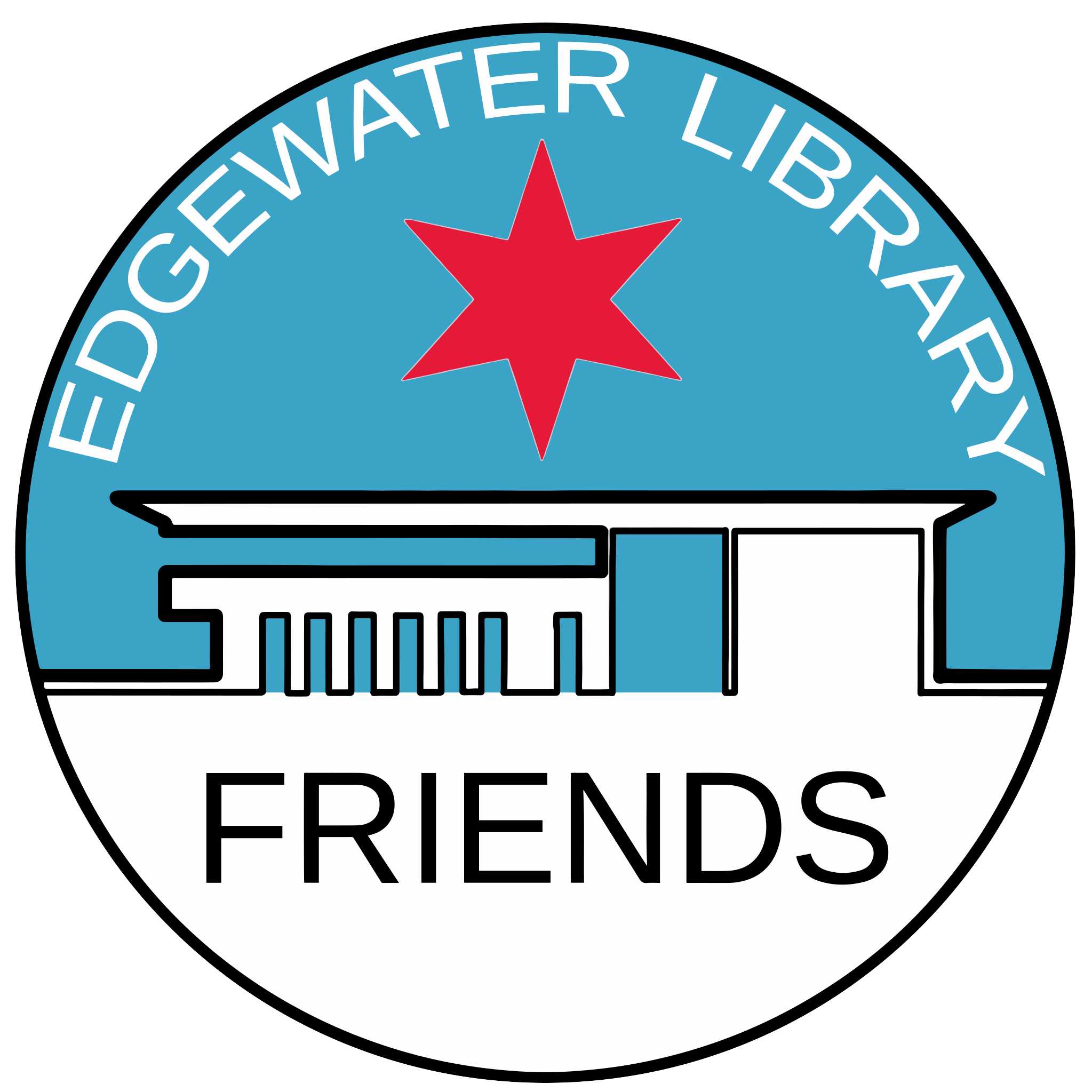Growing Up In Hull House by Eva Glixon Cecchini
My grandparents were itinerant farmworkers from Mexico who came across in 1913. They walked and worked the farms and eventually settled in Gary, Indiana. My grandmother started a rooming house, and my mother married a Spaniard, a businessman from Mexico.
After a time, he decided he wanted to go back to Mexico. But my mother, who was pregnant with me, was afraid to go. So, my grandmother, mother, my sister, and I moved to Newberry and Taylor Street in Chicago, near Hull House. My mother got a job working in the kitchen of the nursery school that was part of Hull House.
It was the Mary Crane school—I was there from 2 to 6 years of age. I remember the magnificent hardwood floors, so beautiful and shiny. We napped on cots, and one teacher in particular would take my thumb out of my mouth while I was sleeping. We learned songs, rhymes and poems. It was a happy time. Thinking back now I didn’t miss having a father. I knew other kids had one, but I didn’t miss it. The school was such an important part of my upbringing.
I remember visiting Miss Carr – she was the manager of the school. We students all squeezed into the elevator with a metal gate door and then it opened onto beautiful, waxed floors and velvet coverings on the furniture. I actually copied her style of furnishings in this house downstairs.
After I grew up a little and graduated from Mary Crane I went to the Goodrich school on Taylor Street. In the afternoons I’d go to Hull House and hang on the monkey bars. I loved hanging upside down. There was always something to do. In the craft room I made marionettes.
We put on plays like “Les Miserables” and “King Lear.” We had spectacular costumes that must have come from the Lyric Opera. Neighborhood people would all come to the events.
In one room there was a big table with two dozen cut-glass goblets, all with different levels of water. With a little mallet we played songs on them. Oh, the wonderment! I learned to sew there and make ceramics. So much to do!
We had a two-week summer camp at the Bowen Country Club in Waukegan. We’d take the bus, and it was like going to another country -- one with TREES. So exciting. I remember stepping off the bus and inhaling the dense, rich smell of the forests. We looked forward to Halloween and Thanksgiving and the other holiday activities planned for the children.
The teachers and some of the volunteers were studying to be social workers at the George Williams College. There was a personal, intimate quality in the relationships. Miss Helen Stein was one of the social workers. She invited a group of us to her home for lunch and then to the Rozsenwald Museum, now the museum of Science and Industry. People talk about the Depression years. But you know, we didn’t know we were poor. These were good years.
Then my mother was sick, so my home environment was not great, but I was a happy child. Still if I hadn’t had Hull House in my growing-up years, I probably would have gotten pregnant, maybe married, and never had a real life. The problem with growing up poor is not about having a man in the house.
Hull House was a healthy place to be accepted. Nobody was turned away; everyone wanted to assimilate. It wasn’t religious. Everyone knew how to do their job and was kind and good. It was my home.
Hull House had everything anyone could wish for. If it had continued, we would know how to help new refugees learn English, find housing, and learn how to survive in the city. Today we have not-for-profits and foundations, but we need more hands-on with people who are willing to interact with others.
I’ve done many things since those early days. I learned to type and to dress up. I was a community organizer, I worked for sociologists and taught dance at Arthur Murray. I married, had two children, and was divorced. I was on the advisory board for the Department of Elderly and was inducted to the Chicago Senior Citizen Hall of Fame. I met and married Jack Cecchini, the famous Chicago classical and jazz guitarist and noted teacher. In 1967 we came to live in Edgewater.
One day I was walking east down Balmoral to Broadway with then Alderwoman Mary Ann Smith. I pointed out that we needed a light at that corner so I could get across the street. She looked me in the eye, “Well, do something about it!“ Then, she said, “You are a great candidate for the Department of Aging.“ I was in the council for 22 years. We got the light after 10.
Jack and I made our life together. We endured the tragic deaths of my two children. Jack has been my strength. Our dear friends--who we call our children--have been supportive throughout the years. When I think about being 92 years old, that is all there is. I have Jack, my animals, and my friends. That’s the pot at the end of the rainbow.
This story was read by Friends member Joanna B.
Copyright © 2024, Eva Glixon Cecchini

